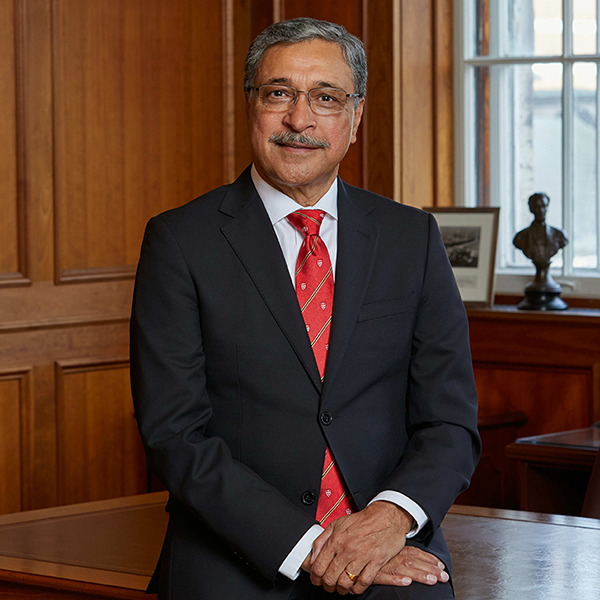More American graduate students could be walking through McGill’s Roddick Gates when classes start in September.
Americans already make up the largest contingent of international students at all levels at McGill. Twenty-eight per cent of undergraduate and 14 per cent of graduate international students are U.S. citizens.
Historically, Americans have come to McGill because they can receive a high-quality education here without the high price tags associated with big-name institutions in the U.S.
By mid-May, preliminary figures for incoming U.S. students at the graduate level showed a 30 per cent increase in applicants, a 29 per cent hike in admission offers, and a 41 per cent increase in confirmations compared to the same time last year.
That translates into 401 more stateside applicants to grad school at McGill, and 114 more students offered admission. An additional 71 U.S. students had confirmed their intention to do graduate studies at McGill compared to the same time last year.
The number of overseas applicants also rose for undergraduate and graduate programs.
As for what might be behind the rising numbers, Kathleen Massey, university registrar and executive director of Enrollment Services, notes McGill is well-known, highly ranked and a top-quality institution.
“McGill’s reputation is already strong in the U.S. and overseas,” she says. “It’s not just that [we are] affordable, it starts with ‘what’s the reputation?’ and [McGill] has an excellent reputation.”
The increases parallel a surge in applications from international students at other Canadian universities, with the “Trump Effect” raised in media reports as one possible explanation.
“People are practical, too. It’s not just politics that motivates their decisions,” says Massey, adding that McGill saw an increase in the number of U.S. applicants at the undergrad level in 2016, which was before U.S. President Donald Trump’s election.
“Personal convictions related to Trump may account for some of the increase this year, but I don’t think they account for all of it,” she says. “I think the value of the dollar and also McGill’s excellent reputation continue to be important factors.”
The low Canadian dollar compared to the greenback means a hefty 30 per cent reduction in the Canadian price for American students.
And then there’s the city itself.
“Montreal is an important actor in the appeal of McGill,” Massey says. “It’s the co-star in a sense because it is a little bit of Europe, but not too far from home. It’s been voted the best student city worldwide. It’s really an attractive place to have an education, a little bit of that European experience, a chance to learn another language, but not an obligation to study in that language – studying in English, living in a European environment, it’s like Europe-lite for Americans.“
And for American families it’s not as costly to travel here to see their child, to visit with them and “make sure they’re OK,” she says, adding that Montreal is also considered a safe city relatively speaking.
At the undergraduate level, McGill enrolled more than 1,900 students from the States in 2016, a six per cent increase compared to 2015. While the number of U.S. applicants also rose this year for undergraduate programs, Massey says they anticipate fairly stable U.S. undergrad enrollment numbers for the coming year.
However, at the graduate level there’s a significant increase in confirmations from U.S. and overseas students.
“It stands to reason because we’re actually managing McGill’s enrollment to grow at the graduate level and we’re trying to be fairly stable in terms of our overall enrollment at the undergraduate level,” she says.
McGill may be looking at historic levels of U.S. and overseas graduate students, Massey acknowledges, but cautions “there are so many factors that go into people’s decision to study anywhere. And anything can cause a change of heart. It could be a personal moving issue, it could be a child-related issue … it could be a much better financial offer from another school.”
McGill will have a better picture of undergraduate enrollment by late June after students register, and at the graduate level, in September.


